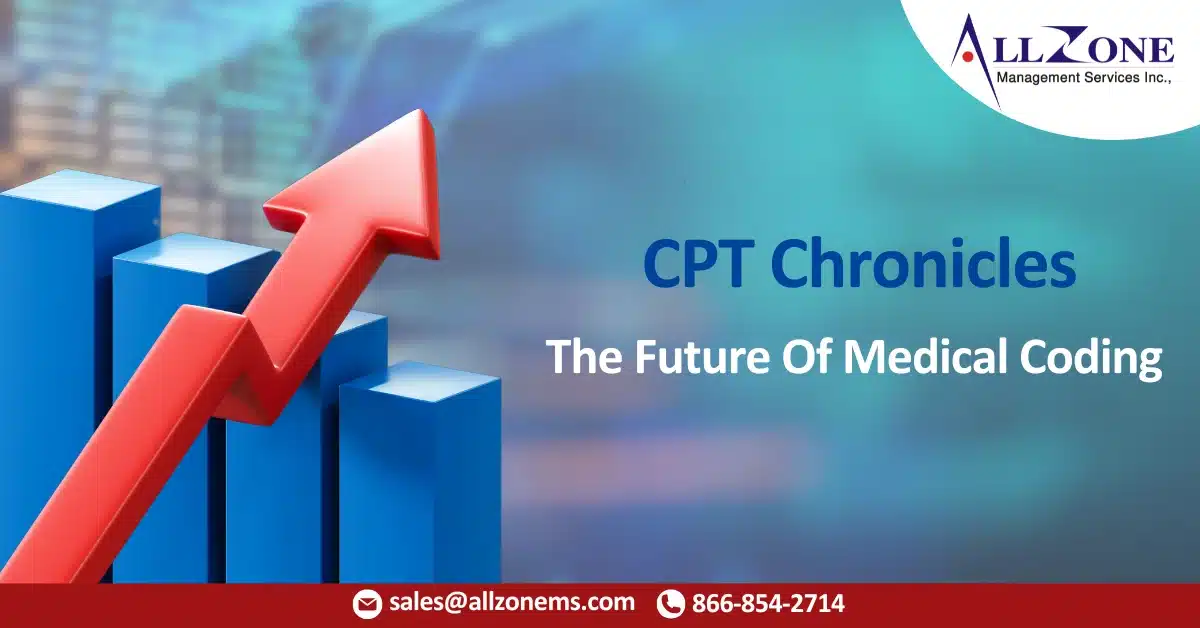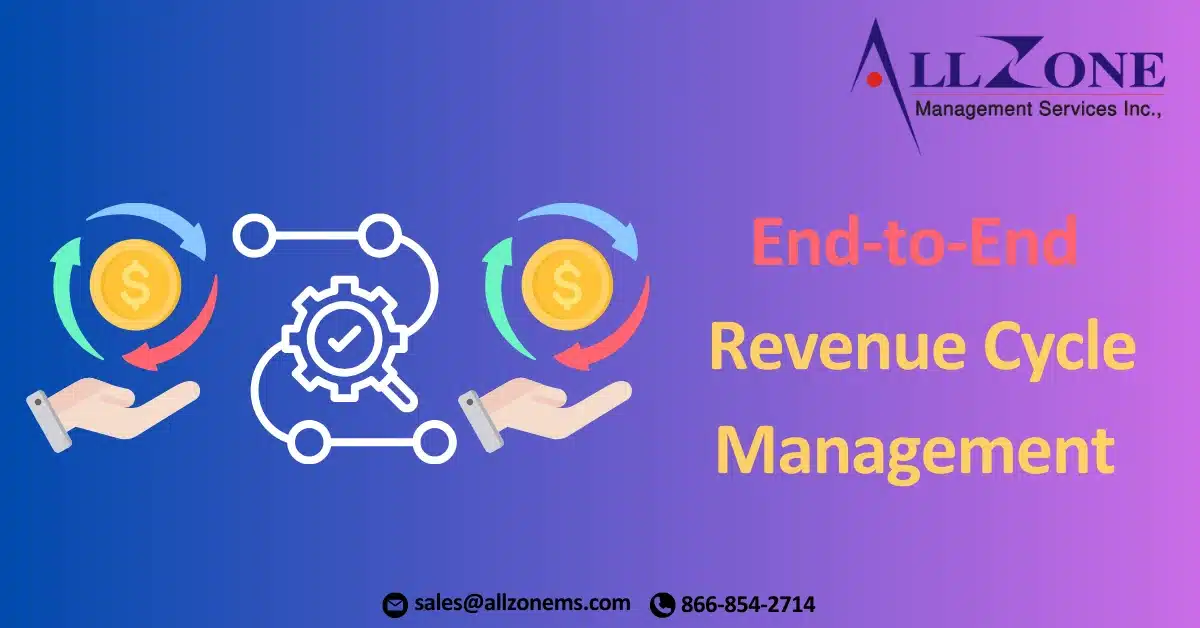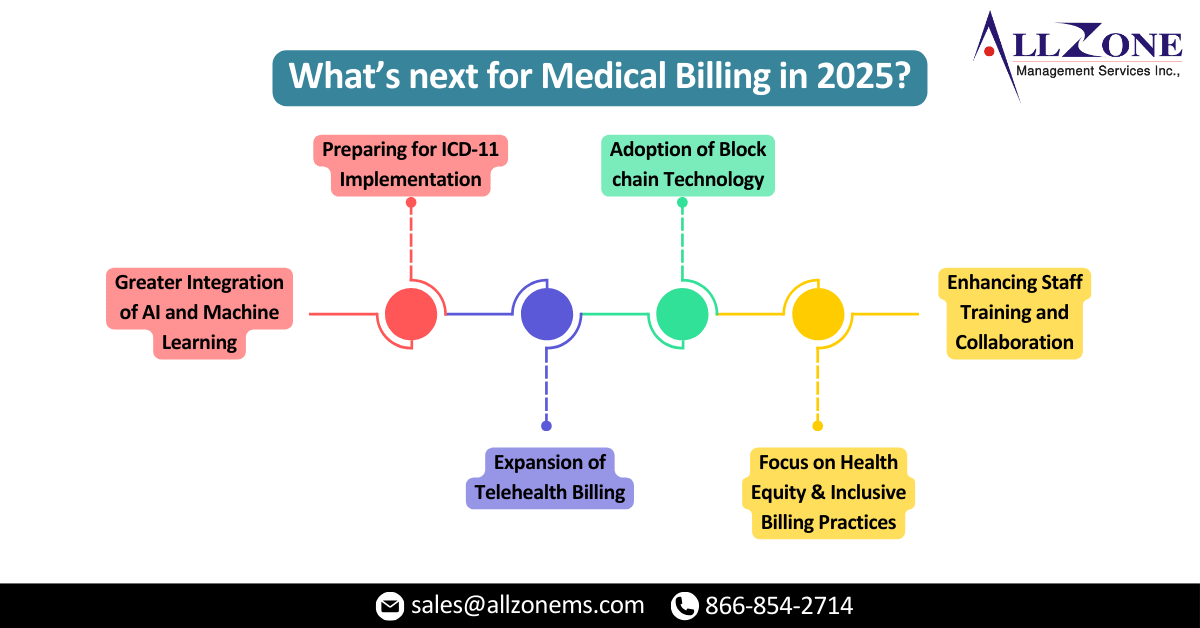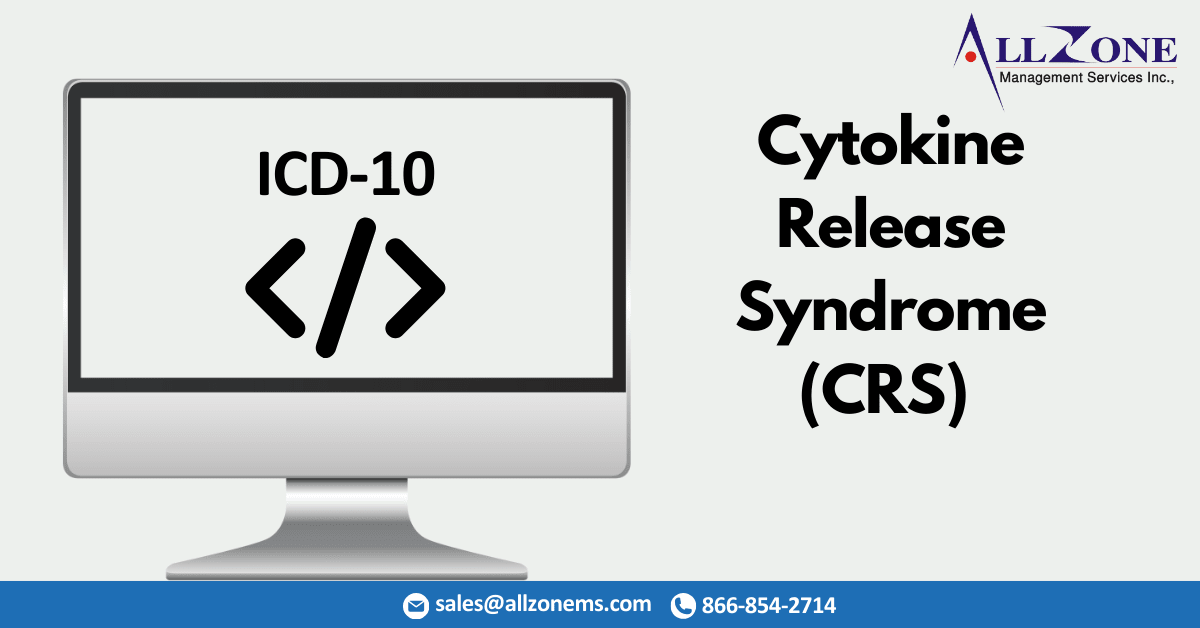Urology practices face unique challenges when it comes to billing and coding. The complexity of urological procedures, coupled with ever-changing coding guidelines, can lead to costly errors, claim denials, and revenue loss. Accurate and efficient billing is crucial for the financial health of any urology practice. This blog post will delve into common urology billing […]
Medical coding is at the heart of healthcare administration, ensuring accuracy, compliance, and efficiency in the complex world of medical billing and reimbursement. With the rapid advancement of technology, regulatory changes, and an evolving healthcare landscape, medical coding is undergoing a transformative shift. As part of this shift, professionals are turning to resources like ‘CPT […]
Claim denials are a significant headache for healthcare providers, impacting revenue and administrative efficiency. While denials can stem from various issues, a large majority are rooted in documentation errors, particularly those related to demonstrating medical necessity. Defining Medical Necessity: The American Medical Association (AMA) defines medical necessity as healthcare services or products provided to a […]
As the healthcare landscape continues to evolve at an unprecedented pace, 2025 is poised to be a landmark year for revenue cycle management (RCM). With regulatory changes, emerging technologies, and shifting patient expectations, healthcare providers and RCM professionals must stay ahead of the curve to optimize financial performance and patient care. In this newsletter, we […]
The arrival of the New Year brings excitement as people worldwide gear up to welcome 2025 with dazzling celebrations. For many, it’s a time for fireworks, dancing, and toasting to new beginnings. However, for healthcare providers, understanding the relevant ICD-10 codes for New Year is crucial, as treating patients remains uninterrupted, even during the holiday […]
December Medical Coding Insights are crucial as the year draws to a close, offering valuable information and updates that will significantly impact the industry in the coming months. During December, medical coders, billers, and revenue cycle management (RCM) professionals must diligently prepare for the year ahead. Numerous updates to coding guidelines and emerging trends demand […]
December is synonymous with Christmas, a joyous holiday season perfect for decorating, savoring delicious treats, and gathering with loved ones. However, the festive celebrations also come with potential risks of injuries and illnesses, making it essential to familiarize yourself with Christmas ICD-10 codes for accurate diagnosis and treatment. Below are essential ICD-10 codes for the […]
End to end RCM (Revenue Cycle Management) encompasses every step in the healthcare payment process, from patient registration to final reimbursement. By adopting a comprehensive RCM approach, healthcare organizations can improve cash flow, minimize errors, and ensure compliance with ever-changing regulations. This blog will explore the components, benefits, and best practices for implementing an end […]
As 2024 draws to a close, the healthcare industry reflects on a year of groundbreaking innovations, policy shifts, and evolving challenges in medical billing. The Allzone Management Services team has seen first-hand how these changes have improved revenue cycle management (RCM), streamlined processes, and patient satisfaction as a result of these changes. In this newsletter, […]
Cytokine Release Syndrome (CRS) is a systemic inflammatory response that can occur due to infections, certain immunotherapies like CAR T-cell therapy, or other triggers that activate the immune system. Accurate coding of CRS, including the CRS ICD-10 Codes, is essential for proper documentation, billing, and treatment planning. Below are the relevant ICD-10 codes associated with […]










